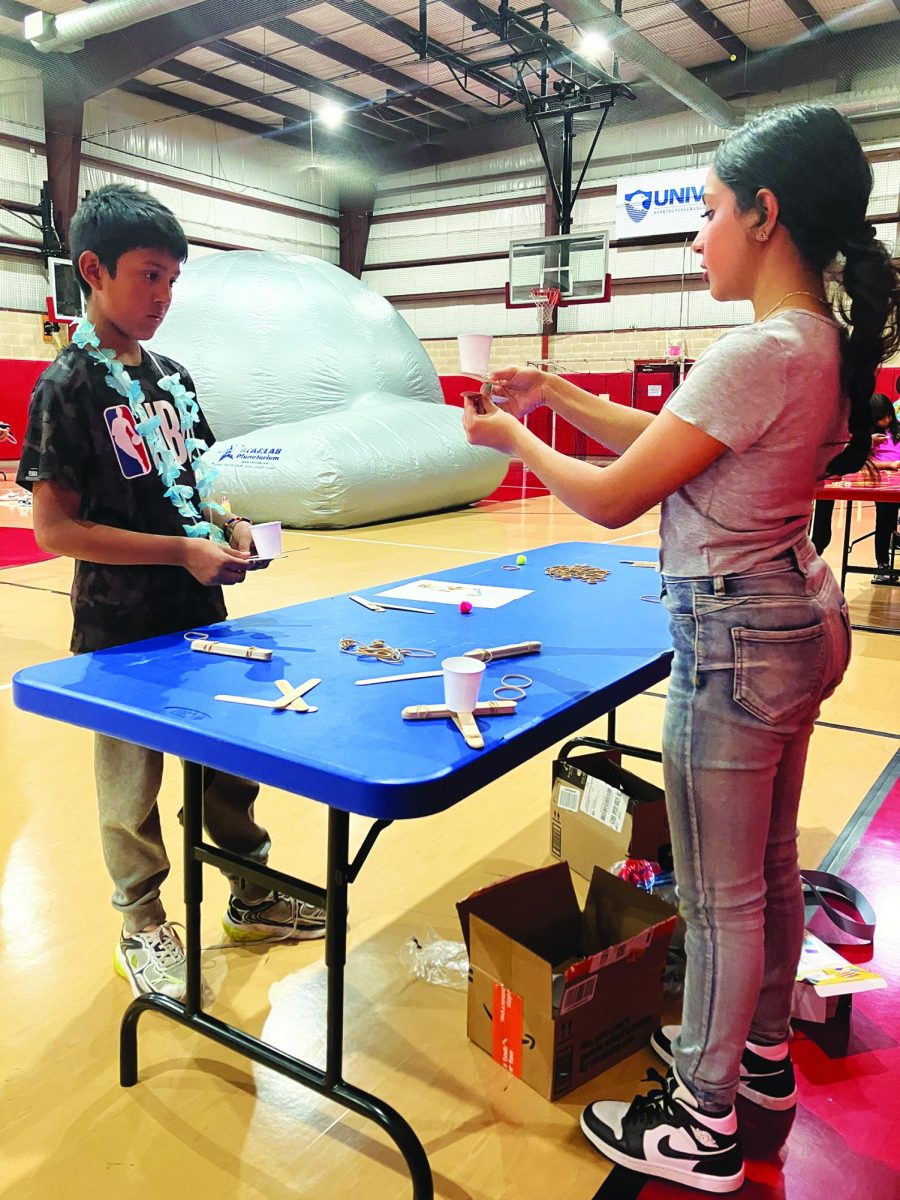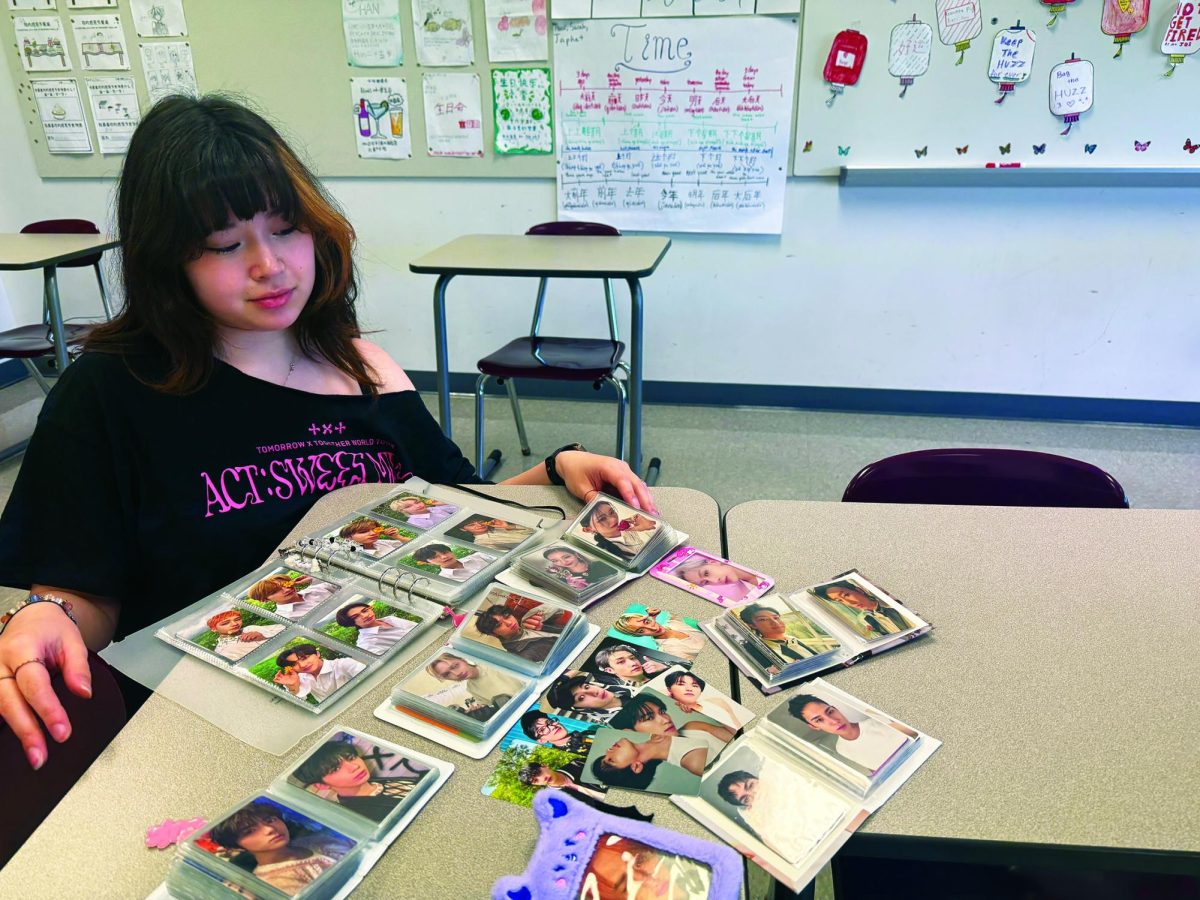To ensure the safety of children with food allergies in schools, administration needs to more closely monitor the behavior of students towards those living with life-threatening allergies.
Living with a food allergy is scary enough for children and teens alone because it affects many aspects of the child’s day-to-day life.
However, when other students take this serious issue as a joke, the situation grows more concerning.
According to Food Allergy Research and Education, about one-third of kids with food allergies report that they have been bullied because of their allergies.
In a study conducted in 2013 by National Library of Medicine (NLM), 31.5% of children with food allergies reported bullying related to an FA.
In this study, only half of the teachers knew that students with food allergies were at a greater risk of bullying.
So why is this not talked about more?
Why is it that after a certain age, teachers don’t bring up that students in his or her classroom have a food allergy, it’s just disregarded or not deemed as more important than other topics?
We have assemblies and informational videos related to topics such as cyberbullying as well as knowing the importance of our words when talking about someone.
Why don’t we have lessons about our actions in respect to how we treat others with food allergies?
According to a study carried out by Children’s National on October 5, 2021, 51% of the participants reported experiencing physical acts of harassment such as an allergen being waved in their face, thrown at them or intentionally put in their food.
66% of them reported bullying experiences that are categorized as non-physical victimization acts including verbal teasing, remarks or criticisms about their allergy and verbal threats or intimidation.
But it doesn’t just stop at having a food allergy.
The bullying intensifies when children are required to carry around medications or auto-injectors.
“Most of the respondents indicated that they were bullied solely owing to FAs; others reported reasons were having to carry medication or being placed in distinct groups to prevent exposure to the allergen,” according to NLM.
They don’t have a choice.
Carrying around an Epipen is not something that kids should have to be ashamed about.
It is a device that will, in the case of anaphylaxis, save their life.
There is no cure for food allergies. To fend off serious reactions, distance from the allergen is the only way to prevent an allergic reaction.
It should not be considered “special treatment” since there is nothing positive about having a food allergy or taking preventative measures to ensure safety.
But yet students use this as an outlet to put the student with an FA in a life-threatening position.
In October of 2023 at Lake Travis High School in Austin, Texas, 16-year-old Carter Mannon was the victim of harassment regarding his life-threatening peanut allergy.
According to Mannon, the students were aware of his allergy and the severity of it, having held a conversation with them a few hours prior to the incident.
“Two players went into the locker room that evening; one boy placed peanuts in Carter’s locker, while the other filmed,” Shawna Mannon, Carter’s mother, told TODAY reporters.
Life Unscripted: No appetite for food allergy bullying in schools
With the intent to harm other students with a life-threatening food allergy (FA), schools tend to overlook this situation as “bullying” making students feel unsafe. Food allergies affect 33 million people in the United States alone.
0
Tags:
More to Discover
About the Contributor

Julia Sipes, Features Editor






